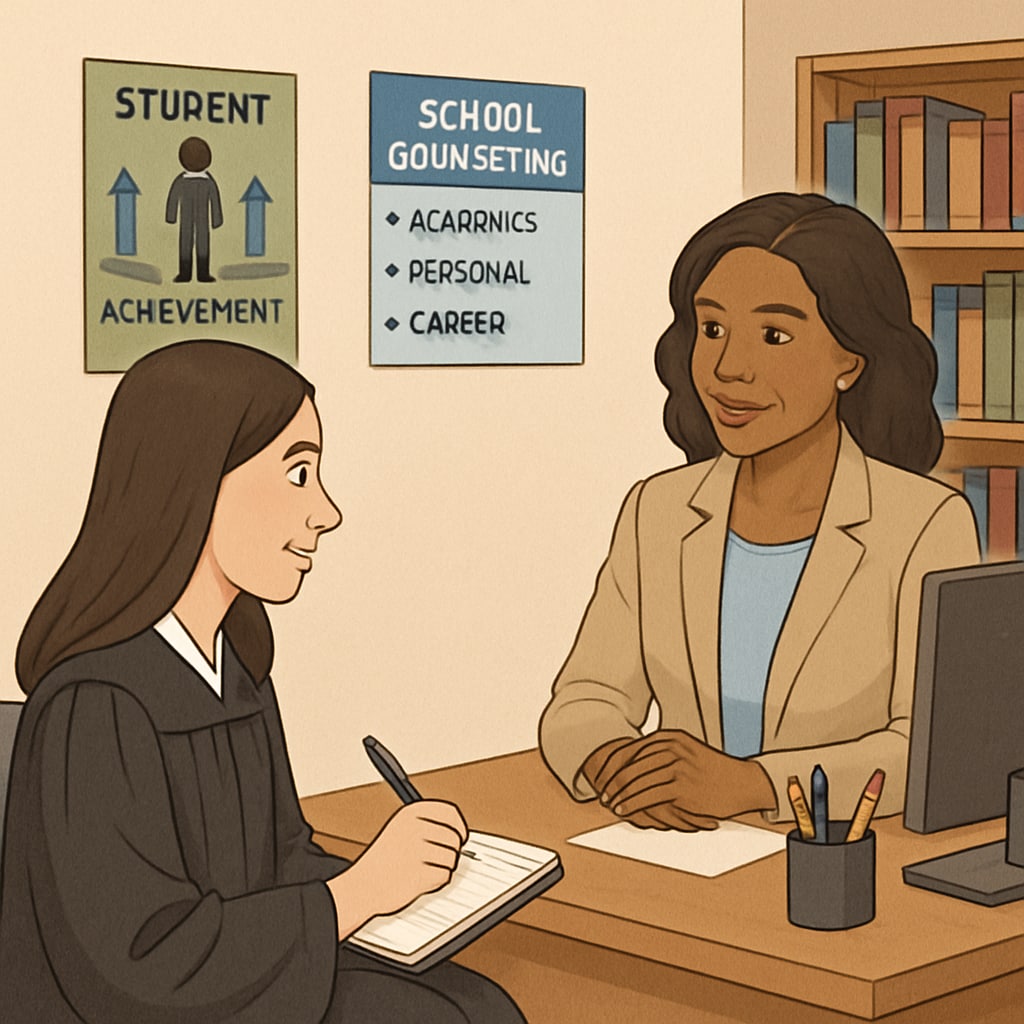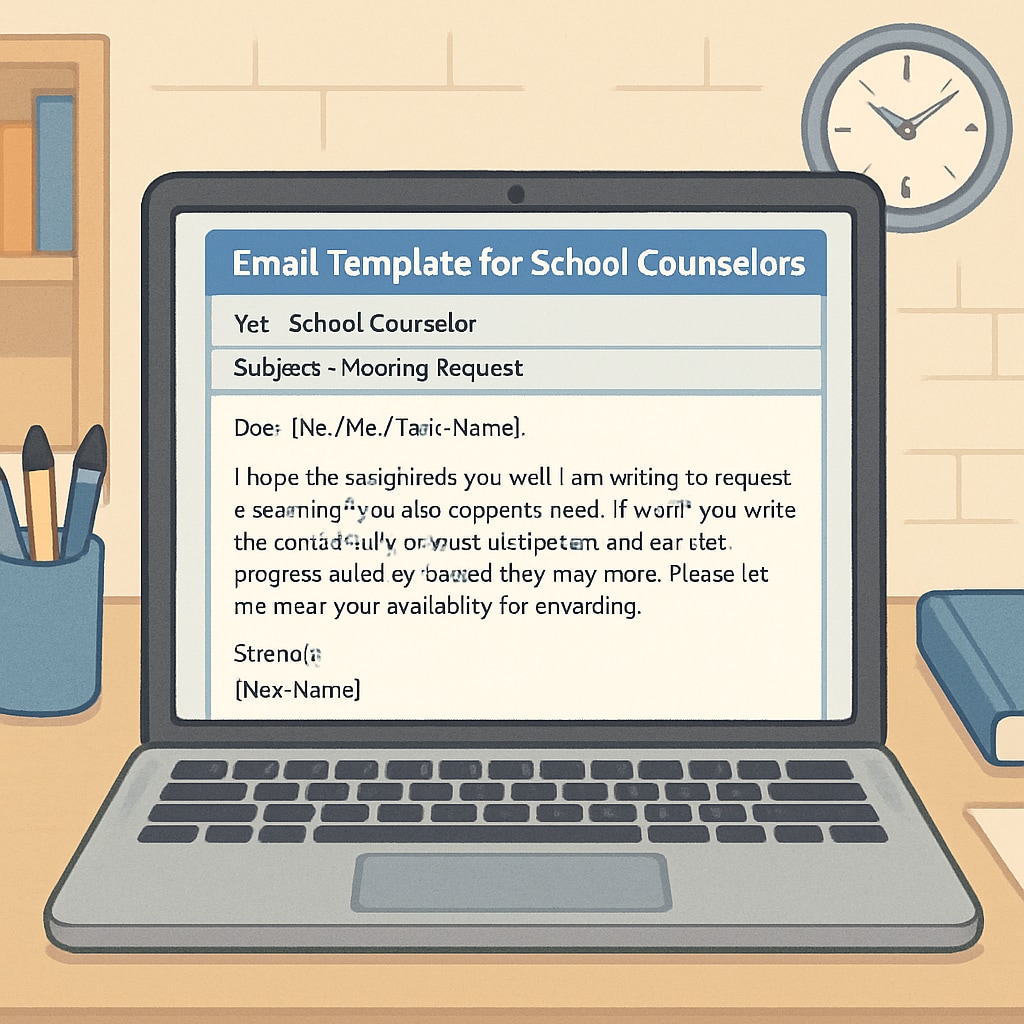For many graduate students undertaking education research, finding and connecting with K-12 school counselors for interviews can be one of the most daunting aspects of their academic journey. The process often involves navigating structural barriers, time constraints, and communication gaps. However, with the right strategies, establishing meaningful connections with school counselors for your research can become a streamlined and rewarding process.
This article explores the common challenges faced during this process and provides a practical, step-by-step guide to help graduate students successfully approach and interview K-12 school counselors.
Understanding the Challenges of Connecting with K-12 School Counselors
Reaching out to K-12 school counselors for academic research comes with its unique set of challenges. Here are some of the most common barriers:
- Time Constraints: School counselors often manage large caseloads, leaving little time for external commitments such as participating in interviews.
- Gatekeeping Policies: Many schools have strict protocols for allowing external researchers to contact their staff, often requiring administrative approvals.
- Communication Gaps: Without direct networks or prior connections, emails or calls from graduate students can easily go unnoticed or be deprioritized.
Understanding these challenges is the first step in developing an effective strategy to overcome them.

Effective Strategies for Building Connections
To successfully connect with K-12 school counselors, graduate students can employ the following strategies:
- Leverage Existing Networks: Use your university’s connections, professors, or alumni networks to find contacts who can introduce you to school counselors.
- Create a Clear and Professional Outreach Plan: Draft a concise email or proposal explaining your research goals, the purpose of the interview, and the expected time commitment. Be respectful of their busy schedules.
- Offer Flexibility: Provide multiple options for interview formats, such as in-person, phone, or video calls, and be willing to adjust to their availability.
- Secure Administrative Approvals: If a school operates under strict policies, reach out to the principal or district administrators to obtain the necessary permissions.
- Show Appreciation and Reciprocity: Acknowledge their contributions and offer to share your research findings, which can benefit their professional practice.
By implementing these steps, you can build trust and demonstrate the value of their participation in your research.
Crafting Your Outreach Message
The way you communicate your request plays a critical role in securing interviews. Here’s a sample email template you can customize:
Subject: Research Participation Request – Interview with K-12 Counselors
Dear [Counselor’s Name],
My name is [Your Name], and I am a graduate student at [University Name] conducting research on [specific topic]. Your insights as a school counselor would be invaluable to my study on [brief explanation of research purpose].
The interview would take approximately [duration], and I am flexible with scheduling to accommodate your availability. I would be happy to share my findings with you, which may provide useful insights for your work.
Thank you for considering my request. Please let me know if you have any questions or require additional information. I look forward to hearing from you.
Best regards,
[Your Name]
Keep your message brief, professional, and respectful of their time.

Final Thoughts and Additional Resources
Establishing connections with K-12 school counselors is not always easy, but with persistence and a well-planned approach, it is achievable. Remember to follow up politely if you don’t receive a response within a week or two, as school staff are often inundated with emails. Additionally, always respect their decision if they are unable to participate.
For further reading, explore resources like Britannica’s overview of K-12 education or Wikipedia’s entry on school counselors, which provide valuable context on the roles and responsibilities of these professionals.
By fostering mutual respect and understanding, graduate students can build meaningful partnerships with K-12 school counselors, paving the way for impactful research that benefits both academia and the field of education.
Readability guidance: Use short paragraphs to maintain reader engagement. Incorporate lists and templates to summarize key points. Ensure transitions between sections are clear and natural.


